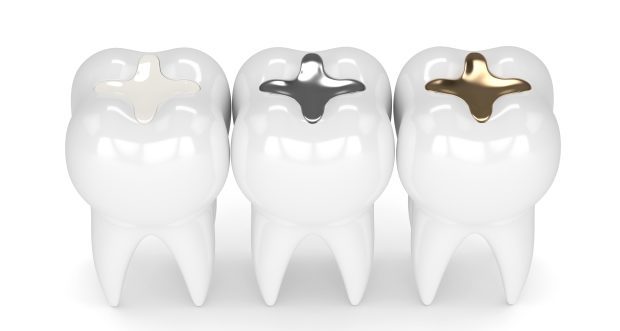Seven Effective Ways To Improve Your Posture
The way you hold yourself says a lot about you. If you’re standing up straight with your head held high, it gives off an air of confidence.
On the other hand, if you slouch your shoulders and keep your head down, you might be seen as more reserved, shy, or even lazy.
However, good posture is more than just what others think about you. It can have a severe impact on your health down the road if you aren’t doing anything to improve your posture.
The following are seven effective ways to improve your posture.
Short-Term Effects of Poor Posture
You might start noticing some aches and pains in the short term due to bad posture. If you daily slouch a lot and strain your neck to see your computer at work each day, these are some early side effects you might experience:
- Poor circulation (limbs falling asleep)
- Fatigue
- Soreness
- Mood changes (likely as a result of the other effects)
- Headaches
- Breathing difficulties
- Difficulty digesting
Long-Term Effect of Poor Posture
As if the short-term effects of bad posture aren’t enough, there are several adverse effects poor posture can have on your health long term as well.
- Arthritis
- Chronic back and shoulder pain
- Poor cardiovascular health
- Spinal curve
- Jaw problems
How to Fix It
If you find you experience any of these negative effects, and you know you’ve never been the best about sitting up straight, here are some actions you can take to correct your poor posture.
Stop Slouching
Easier said than done, right? Try to make a conscious effort when you’re at your computer at home or work to sit up straight. Keep your shoulders back, and neck straight, and tuck your chin slightly.
This will open up your airways better and help prevent your organs from being pushed together – alleviating the problems you might face with poor digestion or poor heart health later down the road. Try putting up post-it notes to remind yourself.
Stretch
Stretching your entire body is an effective way to improve your posture. Your neck takes a lot of strain as you’re looking down at your phone to browse, play games, or text every few minutes.
Take a few minutes each day to do some good neck stretches to keep it from getting sore. Some good stretches include:
-
- Rolling your shoulders
- Rolling your head
- Turning your head back in each direction
- Putting your hand over your head and gently pulling it in one direction, then the next
Keep Screens at Eye Level

This comes back to not straining your neck (and thus your spine) when trying to watch your screens. When on your phone, hold it at eye level instead of curving your neck to look down at it all day.
When you’re at a computer, keep the screens at eye level by raising or lowering your chair, or by mounting your monitors to your desk and changing their height.
Driving
Sitting at the steering wheel is another place where we tend to let our posture slip. If you need to put up sticky notes on your dash to remind you not to slouch, do it! Some useful pointers to help encourage proper posture while driving include the following:
-
- Don’t recline.
- Keep your seat close to the steering wheel.
- Keep your knees bent – they should be at hip level.
- Use a small pillow or rolled-up towel behind your neck or back for extra support.
Footwear
Are you an avid wearer of high heels? You might want to keep them in your closet and reserve them for special occasions only.
Regularly, wearing heels can cause many of these adverse effects on your health and lead to poor posture and back pain. Try finding fashionable footwear that also fits a little better in the practical category.
Sleep
The way you sleep is a considerable cultivator of back and neck pain and poor posture. Get a good mattress, use a pillow to keep your head level with your spine, and try to avoid fetal positions that keep your spine curved all night long.
Exercise
Ah, the dreaded “E” word. Exercise is a great and effective way to help improve your posture. As you strengthen your core – ab and back muscles – your body starts to default to good posture.
Any extra weight only adds more stress to your spine and joints. So try to make healthy lifestyle choices to keep your weight from becoming a contributor to aches and pains as you age.
Most of us have probably experienced some form of aches and pains related to poor posture. Do what you can now to prevent it from becoming a more significant problem later on.
If you’re already experiencing chronic pain in your spine, neck, or joints, try visiting an orthopedic surgeon to see what options you have for treatment and gaining some stability back.
Back pain is one of the most debilitating, inconvenient things most of us have ever dealt with. Life would be much simpler without it, so click here for tips on how to prevent it.






